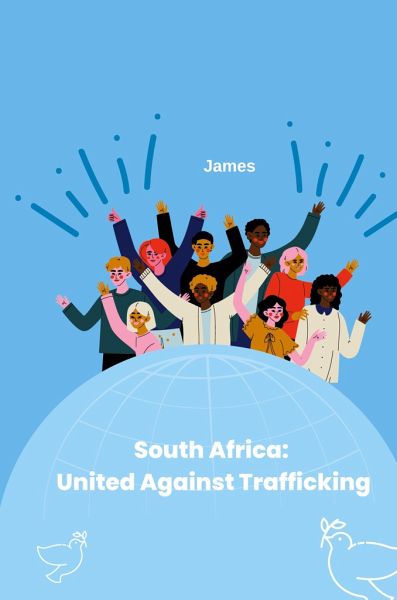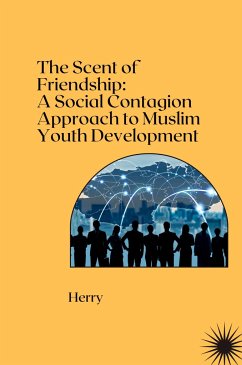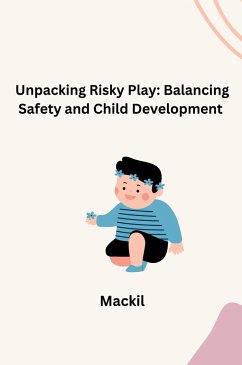
South Africa: United Against Trafficking
Versandkostenfrei!
Versandfertig in 6-10 Tagen
26,69 €
inkl. MwSt.

PAYBACK Punkte
0 °P sammeln!
Modern day slavery, which is commonly termed human trafficking, is a crime that hasexisted for many years, becoming more prominent in recent decades as it manifestsacross the globe. Although prevalent historically, its apparent re-emergence inmodern-day has seen governments and non-governmental bodies studying the crime,framing the problem, and slowly adopting measures to mitigate and to reduce it.Despite progress in the formulation of policy and legislation to combat humantrafficking, these measures have been varied in their effectiveness. The manyweaknesses in enforcement are often attribute...
Modern day slavery, which is commonly termed human trafficking, is a crime that hasexisted for many years, becoming more prominent in recent decades as it manifestsacross the globe. Although prevalent historically, its apparent re-emergence inmodern-day has seen governments and non-governmental bodies studying the crime,framing the problem, and slowly adopting measures to mitigate and to reduce it.Despite progress in the formulation of policy and legislation to combat humantrafficking, these measures have been varied in their effectiveness. The manyweaknesses in enforcement are often attributed to poor planning and coordinationamong state and non-state actors. The lack of coordination has resulted in a weakenedresponse and subpar enforcement of policy. However, Chapter 4 discusses the existingliterature which identifies numerous avenues through which collaboration hasenhanced enforcement to curb the crime.Since the South African Government has criminalised human trafficking underitsPrevention and Combatting of Trafficking in Persons (PACOTIP) Act 7 of 2013, it hasdemonstrated the intention to take a human rights, victim-centred approach, whichensures that the victim's protection is at the heart of the strategy.Nonetheless, enforcement of the legislation has been subject to various shortcomings,which often stem from a lack of central leadership and collaboration. Workingalongside the state's response (and often under the radar), is a vital network of Non-Government Organisations (NGOs) who have demonstrated a willingness to workunder the PACOTIP framework to mitigate human trafficking.However, in South Africa these NGOs have been have not yet been studied closely,notwithstanding their major contribution to counter-trafficking efforts.














